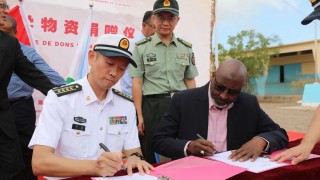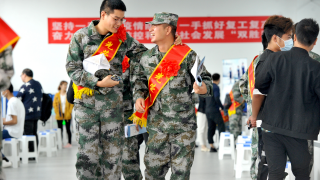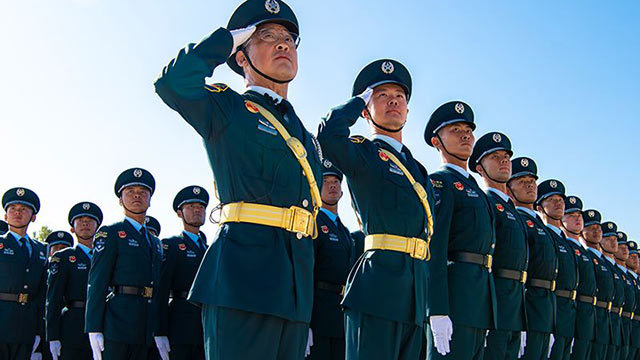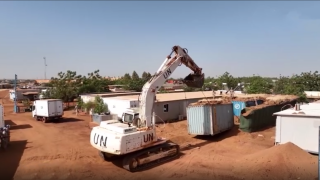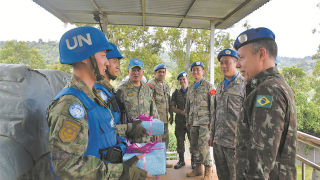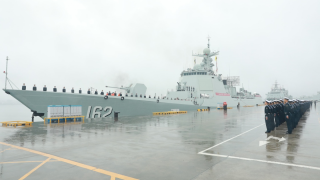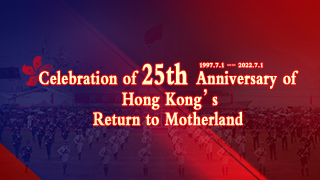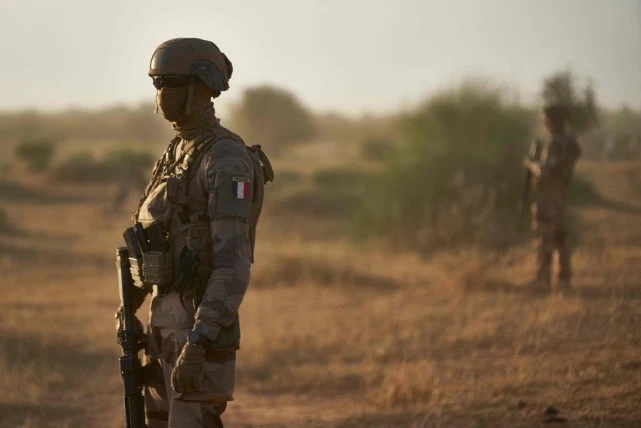
The French government recently announced that it will pull back its troops and call back its ambassador from Burkina Faso within a month upon the request of the government of the African country, which is another one to make such a request as Mali in 2022.
Many African countries used to be France’s colonies and are still deeply influenced by it today in multiple areas. The Sahel region in particular, where Mali and Burkina Faso are located, is a hotbed infested with international terrorism and the main battlefield of French troops’ anti-terror operations. But countries in this region have taken turns in asking French troops to leave recently and their requests are quickly satisfied.
One immediate reason to the current situation is the rising anti-France sentiments in the region. After NATO members including the US, Britain and France helped Libya’s anti-government armed forces overthrow the Gaddafi regime, the country, now in total chaos and disorder, became the source of terrorist attacks that spilled over to the Sahel region, where the people were complaining about the harassment and violence. The poor anti-terror performance in Sahel by French troops over the years has also caused the local people to question the legitimacy of the presence of French troops there and they have organized several protests against it. Moreover, the deteriorating security situation has triggered political instability in regional countries, while France’s habitual interference in the local change of power has strongly repelled them.
In addition, a deeper reason is the French government’s eagerness to step away from the anti-terror quagmire. Based on its military presence and actions, France remains one of the out-of-region countries that have the greatest sway over Africa but assuming the role of “military police in Africa” has put a heavy burden on it. In 2014, France launched Operation Crescent Dune in the Sahel region, whereby it dispatched thousands of soldiers to combat terrorist organizations alongside with troops of Burkina Faso, Chad, Mali, Mauritania, and Niger. But eight long years of operations sustained by an immense amount of manpower, materials and finance have only resulted in more instead of fewer terrorist organizations in the region, dragging France ever further down the quagmire. Unable to bear the burden anymore, Paris decided to relieve itself from the anti-terror abyss by pulling its troops from Mali and Burkina Faso, and tried to improve its image in the region.
The contention between the West and Russia in Africa is a catalyst. The Russia-Ukraine conflict has intensified the years long strategic rivalry between France, or the West in general, and Russia in Africa, giving African countries a chance to secure more benefits from both blocs’ diplomatic efforts to bring them to their side. Either to balance the presence of French troops or to fill the vacuum left by their withdrawal, some countries in the Sahel region have opted to work with Russian mercenary group PMC Wagner and invited it to help train and assist their troops, a move that has given these countries a louder voice when asking the French troops to leave. Although these countries, including Mali and Burkina Faso, have adhered to diplomatic diversification, western countries like France have always been alert to Russia’s growing influence in Africa. Therefore, how and where the Burkina Faso-France relationship will go after the pull-back of French troops is to be observed.
As the world is undergoing profound changes never seen in a century, the France-Africa relationship, especially military interactions, has come to a period of reshuffle too. African countries pursuing flexible and independent diplomacy is an inevitable trend, and Western countries like France should respect their legitimate demands and get down from their high horses.
